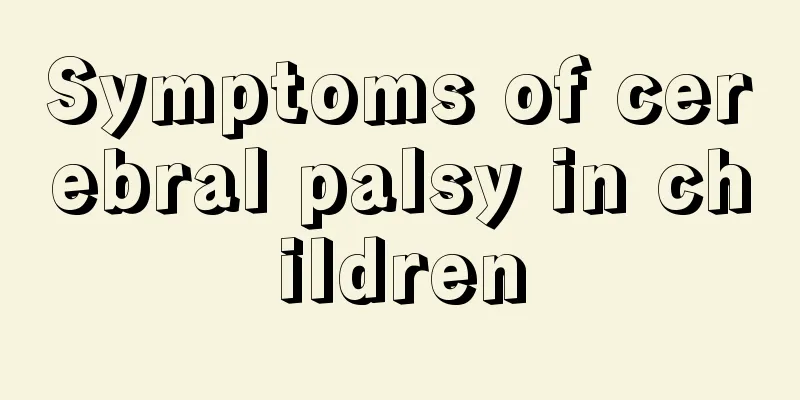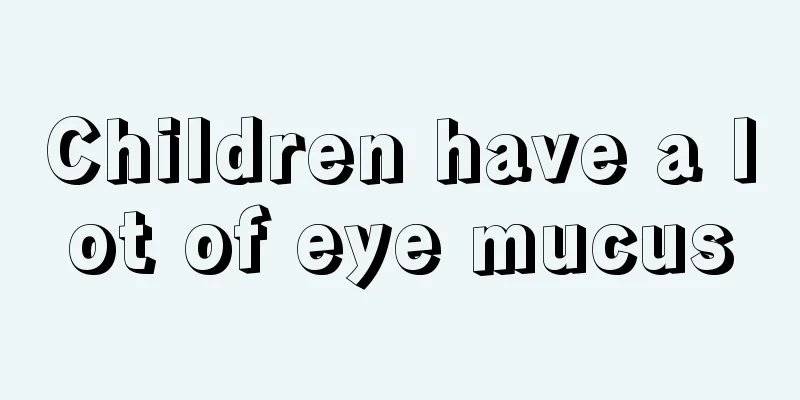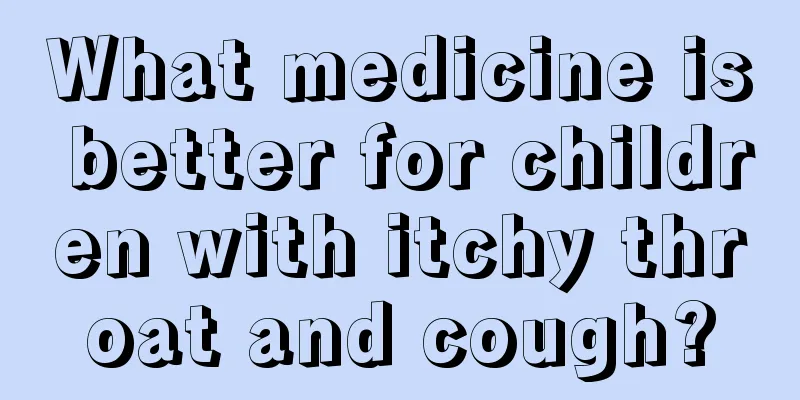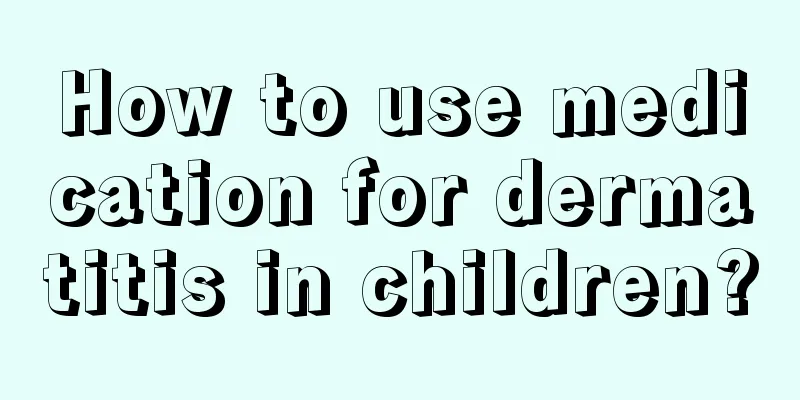What are the symptoms of meningococcal meningitis in children?
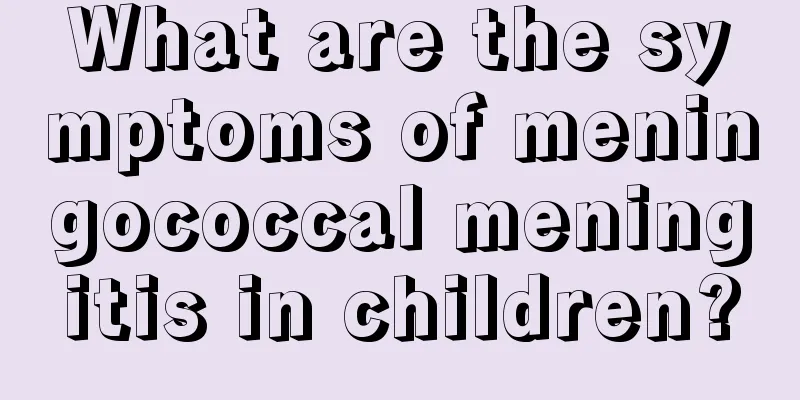
|
Meningococcal meningitis is a common disease problem among children. When children reach a certain age, they start receiving injections to prevent meningitis. Because meningococcal meningitis is a disease that damages children's brains, and children are relatively young, once the brain is damaged it will affect their future language ability, behavioral ability and many other abilities. Therefore, once meningococcal meningitis is discovered in children, timely treatment is needed. What are the symptoms of meningitis in children? Meningococcal meningitis is an epidemic cerebrospinal meningitis, which is caused by the meningococcal bacteria that parasitize in the human nasopharynx and invade the blood circulation, then enter the meninges and cerebrospinal meninges, causing inflammation of the meninges and spinal meninges. It has an acute onset, spreads rapidly, and has a high mortality rate. It is a serious acute infectious disease that mainly affects children under the age of 15. During the epidemic of meningococcal meningitis, the vast majority of patients had atypical symptoms and were the main transmitters. The main symptoms of meningococcal disease are sudden high fever, chills, headache, vomiting, and in severe cases, symptoms such as stiff neck, head tilted back, convulsions, and drowsiness may occur. Petechiae can generally be seen on the skin of the chest and back. Therefore, once a patient with the above symptoms is found, he or she should seek medical attention nearby immediately. If not treated in time, the patient's life will be in danger within 24-48 hours. ■ Methods to prevent meningitis: 1. Pay attention to personal and environmental hygiene, keep the room clean and well-ventilated, wash and dry bedding frequently, and do not take children to crowded public places or visit patients' homes during an epidemic of meningococcal meningitis. 2. The best way to prevent meningococcal disease is to get vaccinated with the meningococcal polysaccharide vaccine. Generally, the antibody level will rise 5-7 days after vaccination. The effective immunity of a single vaccination can last at least 3-4 years. For example, if a meningococcal polysaccharide vaccine is injected once a month before the epidemic season for children aged 6 months to 15 years, the occurrence and spread of meningococcal disease can be prevented. 3. Meningococcal disease is a common infectious disease among children. Primary schools, kindergartens, and nurseries should conduct morning inspections. Any suspected sick children should be sent to the hospital for treatment in a timely manner, and isolation and prevention measures should be taken for other children. |
<<: What color is good for baby's eyes?
>>: What's wrong with small pimples on children's faces?
Recommend
Tracheitis in children
Childhood tracheitis means inflammation of the br...
Why does my five-month-old baby keep shaking his head when sleeping?
Every child’s situation is different, and parents...
Will a child have a fever if he falls on his head?
The baby's head is not fully developed yet an...
What causes abdominal distension in children?
There are actually many reasons why children suff...
Massage techniques for common baby diseases
I believe everyone knows what massage is. We know...
Can babies drink yogurt?
In our daily life, babies are basically breastfed...
Child coughs every morning
If a child coughs after getting up, it may be bec...
My 7-year-old daughter has secretions in her underwear
Girls must pay special attention to vaginal hygie...
What causes numbness in children's legs?
Children usually run and jump around and are full...
Baby suddenly refuses complementary food
Eating complementary foods is a necessary part of...
How to treat watery stools in babies
Babies' watery stools often make us parents a...
What are the methods for children to eat bird's nest
Children’s physique is very fragile. From a tradi...
What causes chapped lips in children?
Since children are still young and have not fully...
How to reduce jaundice in children faster
Most pediatric jaundice is physiological jaundice...
How many months is it best for babies to sit in a walker?
My eldest baby always wants to stand up with the ...
